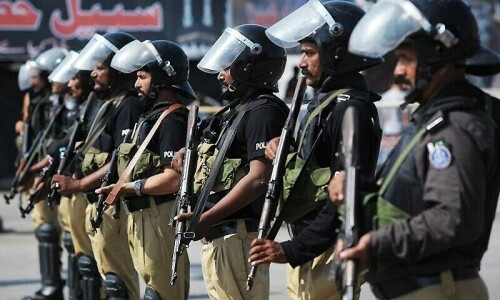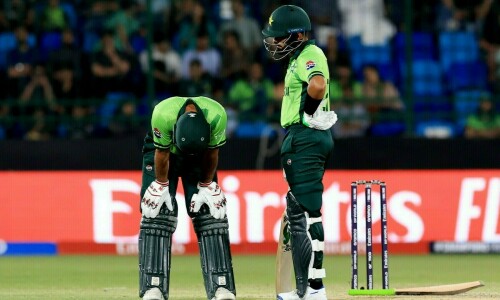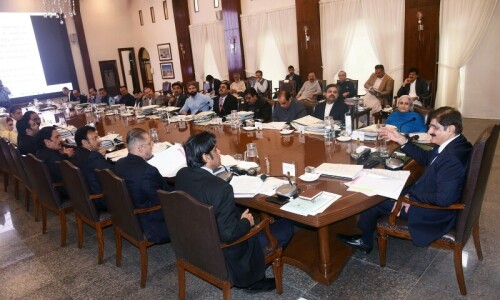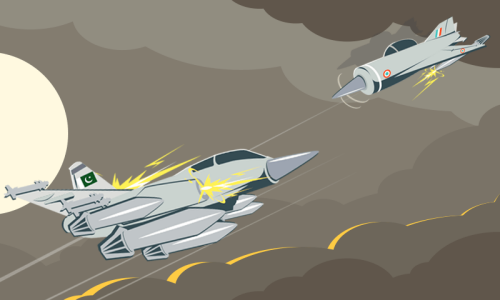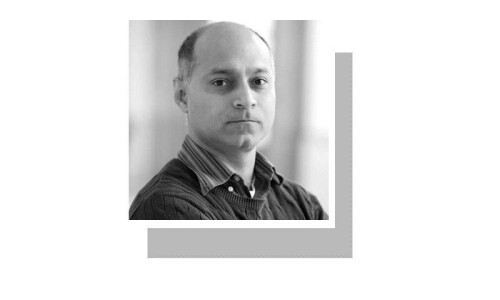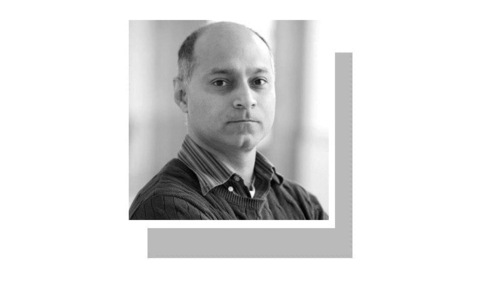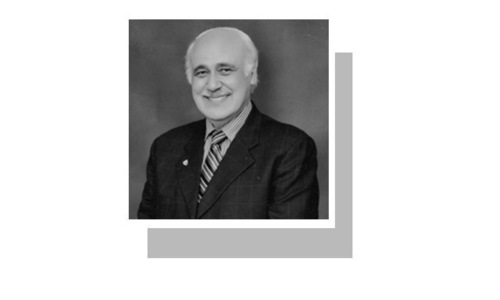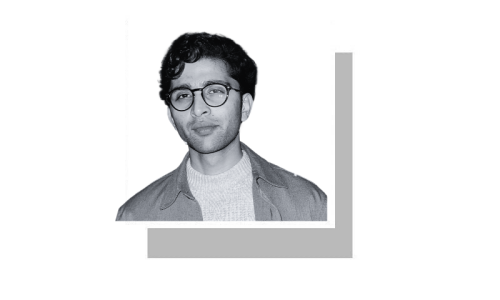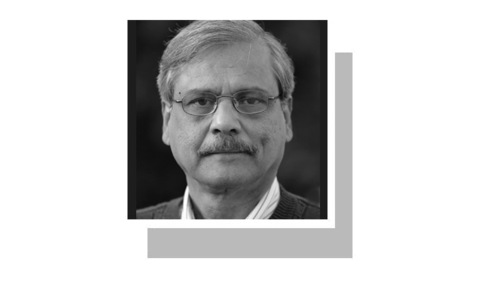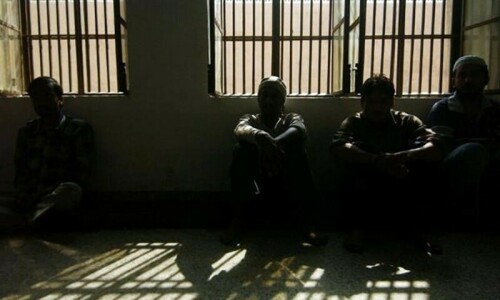PARIS: France released an intelligence report on Monday alleging chemical weapons use by Syria's regime that dovetailed with similar US claims, as President Bashar Assad warned that any military strike against his country would spark an uncontrollable regional war and spread ''chaos and extremism.''
The verbal crossfire, including a rejection of the Western allegations by longtime Syrian ally Russia, was part of frenzied efforts on both sides to court international public opinion after President Barack Obama said he would seek authorisation from Congress before launching any military action against Assad's regime.
In an interview with French newspaper Le Figaro, Assad was quoted as saying that Syria has challenged the US and France to provide proof to support their allegations, but that their leaders ''have been incapable of doing that, including before their own peoples.''
''If the Americans, the French or the British had a shred of proof, they would have shown it beginning on the first day,'' he said, deriding Obama as ''weak'' and having buckled to US domestic political pressure.
''We believe that a strong man is one who prevents war, not one who inflames it,'' Assad said.
French President Francois Hollande and Obama have been the two world leaders most vocally calling for action against Assad's regime, accusing it of carrying out a deadly chemical attack against rebel-held suburbs of Damascus on Aug 21.
The US said it has proof that the Assad regime is behind attacks that Washington claims killed at least 1,429 people, including more than 400 children. Those numbers are significantly higher than the death toll of 355 provided by the aid group Doctors Without Borders.
It has marked an intolerable escalation in a two-year civil war in Syria that has left some 100,000 people dead.
The Syrian government denies the allegations, and blames opposition fighters. In the Figaro interview, Assad questioned whether an attack took place at all and refused to say whether his forces have chemical weapons, as is widely believed.
If the US and France strike, ''Everyone will lose control of the situation ... Chaos and extremism will spread. The risk of a regional war exists,'' he added.
To back up its case, France released an intelligence report, made public after Prime Minister Jean-Marc Ayrault met with lawmakers, which said the “Syrian regime launched an attack on some suburbs of Damascus held by units of the opposition, combining conventional means with the massive use of chemical agents.”
It said that based on video reports, French intelligence had counted at least 281 dead but that reports of up to 1,500 killed were consistent with such heavy use of chemical weapons.
“The attack on August 21 could only have been ordered and carried out by the regime,” the report said.
“We believe the Syrian opposition does not have the capacity to carry out an operation of such magnitude with chemical agents,” it said.
A government source said separately that intelligence officials had concluded that rockets used in the attack were fired from regime-controlled areas.
“Imagery shows that the launch zone for the rockets was held by the regime while the strike zone was held by the rebels,” the source said.
In all, though, the French report provided little new concrete evidence beyond what US officials provided over the weekend in Washington.
Along with it, the French Defense Ministry posted on its Web site six clips of amateur video showing victims, some of which has already been widely available online and in the international media.
In the Figaro interview, Assad said ''all the accusations are based on allegations of the terrorists and on arbitrary videos posted on the Internet.''
The French report made no specific reference to the agencies involved or how the intelligence was collected about the attack, aside from referring to videos of the injured or killed, doctors' accounts, and ''independent evaluations'' such as one from Paris-based humanitarian aid group Doctors Without Borders three days after the attack.
A French government official, speaking on condition of anonymity because he wasn't authorised to speak about the matter because of its sensitivity, said the analysis was written by the spy agency DGSE and the military intelligence unit, DRM, and was based on satellite imagery, video images, and on-the-ground sources, plus samples collected from the alleged chemical attacks in April.
The assessment said it was ''very unlikely'' that Syria's opposition had falsified images of suffering children that turned up online. It also said intelligence indicated the opposition ''does not have the means to conduct such a large attack with chemical agents.''
Around the time of the attack, Assad's regime feared a possible opposition strike on Damascus: ''Our evaluation is that the regime was looking to loosen the vice and secure the strategic sites for the control of the capital,'' the report said.
The synopsis also said French intelligence services had collected urine, blood, soil and munitions samples from two attacks in April, in Saraqeb and Jobar, that confirmed the use of sarin gas.
France is ''determined to take action against the use of chemical weapons by the regime of Bashar Assad, and to dissuade it from doing so again,'' Prime Minister Jean-Marc Ayrault said after hosting lawmakers to discuss the intelligence on Syria.
''This act cannot go without a response.''
France won't act alone and Hollande was ''continuing his work of persuasion to bring together a coalition,'' Ayrault said.
French parliament will debate the Syria issue Wednesday, but no vote is scheduled. The French constitution doesn't require such a vote for Hollande, though he could decide to call for one.




















